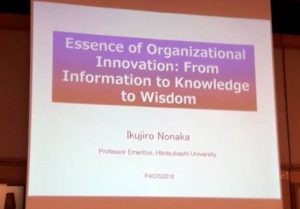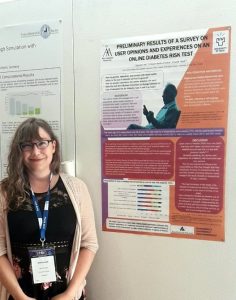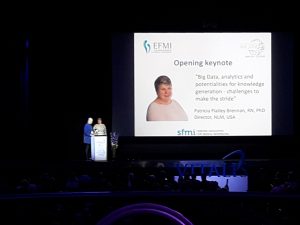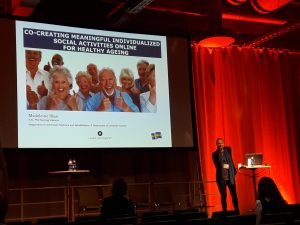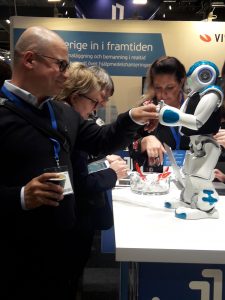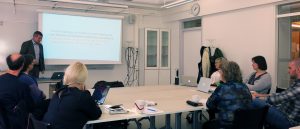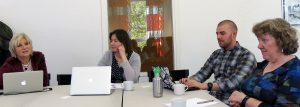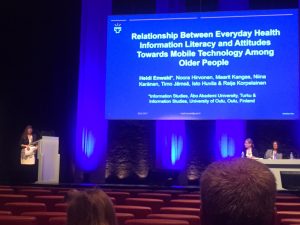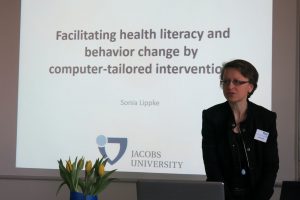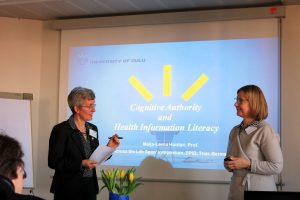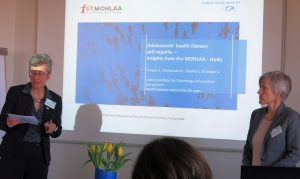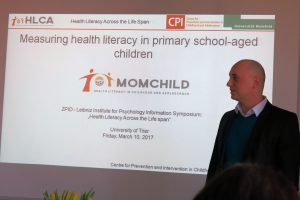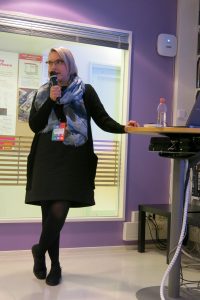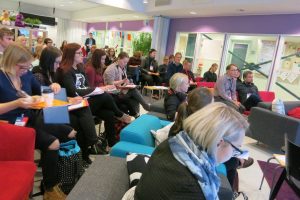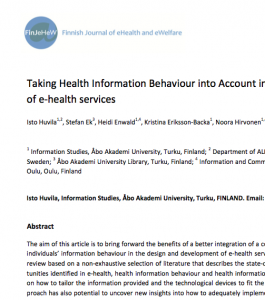HIBA research group has published new results from the project during the past months.
Huvila, I., Hirvonen, N., Enwald, H., & Åhlfelt, R.-M. (2019). Differences in Health Information Literacy Competencies Among Older Adults, Elderly and Younger Citizens. In Kurbanoğlu, S.; Špiranec, S.; Ünal, Y.; Boustany, J.; Huotari, M. L.; Grassian, E.; Mizrachi, D. & Roy, L. (Ed.), Information Literacy in Everyday Life. ECIL 2018. Communications in Computer and Information Science(pp. 136–143). Cham: Springer. https://doi.org/10.1007/978-3-030-13472-313. Open access post-print of the article.
Abstract: To address the research gap on age-based differences in health information literacy (HIL), we investigated how younger (born 1960-) and older adults (1946-1960), and elderly citizens (-1945) differed from each other by their HIL competencies. Data were collected with an online survey of patients using the Swedish national electronic health record system. Altogether, 2,587 users responded. One-way ANOVA with post hoc tests revealed several differences between the groups: younger adults were less likely to value health information than older adults; older adults and elderly were least likely to compare information from multiple sources and had trouble in determining health information needs; older adults were most likely to have trouble understanding health terminology and the elderly to have difficulties in understanding medicinal package labels. The study shows that HIL is not necessarily improving or declining but adapting to challenges of advanced age.
Huvila, I.; Moll, J.; Enwald, H.; Hirvonen, N.; Åhlfeldt, R.-M. & Cajander, Å. (2019) Age-related differences in seeking clarification to understand medical record information. Information Research, 24(1), paper isic1834. Open access.
Abstract: Introduction Patient accessible electronic health records can be used to inform and empower patients. However, their use may require complementary information seeking since they can be difficult to interpret. So far, relatively little is known of the information seeking that takes place in connection to health record use, and especially the way it varies in different age groups. A better understanding of patients’ preferences of where and how to find explanatory information provides valuable input for the development of health information provision and counselling services.
Method. The analysis is based on the results of a national survey of Swedish individuals (N=1,411) who had used a national patient accessible electronic health record system (Journalen).
Analysis. The data were analysed in SPSS 24.0 using Kruskal-Wallis tests for detecting group-wise differences and Jonckheere-Terpstra tests for discovering age-related trends in the data.
Findings. Older patients were more likely to use a telephone and younger patients to use social contacts to ask for clarification. Generally, older adults born between 1946-1960 appear as passive information seekers.
Conclusion. Age groups differ in their preferences on how to seek clarification, which underlines the importance of a better understanding of individual differences in delivering not only technically but also intellectually accessible health information. Calling by telephone could be a habit of present older generations whereas, to a degree, searching information online could be a comparable habit of current younger generations.

